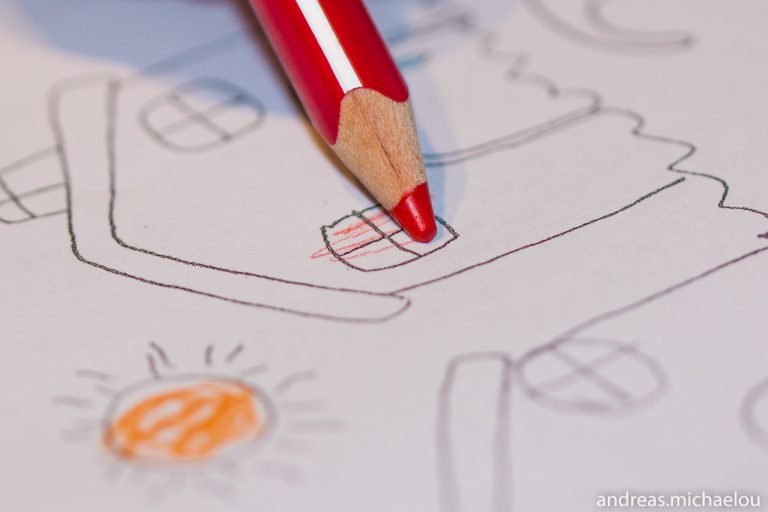
Researchers from the University of Waterloo have discovered that drawing pictures can greatly improve memory.
The study, led by Jeffrey Wammes, a PhD student in the Department of Psychology, along with fellow PhD candidate Melissa Meade and Professor Myra Fernandes, presented a group of student participants with a list of easily drawn words such as “apple”. Participants were then given a 40-second time frame to either draw the word, or write it out multiple times.
They were then given a filler task which required them to identify various musical notes to aid the retention process. Following this, researchers asked respondents to recollect as many words as possible from the initial list, granting them a 60-second period to do so.
Looking for a little #mondaymotivation? Turns out, drawing improves memory. So go get your doodle on! https://t.co/idUpHdDl6w
— Six Foot (@sixfootllc) April 25, 2016
“We pitted drawing against a number of other known encoding strategies, but drawing always came out on top,” said Wammes. “We believe that the benefit arises because drawing helps to create a more cohesive memory trace that better integrates visual, motor and semantic information.”
Researchers carried out a number of variations of the study, such as asking students to draw the words repeatedly, or with added visual details like shading or doodles on the letters, but results remained the same. Researchers found memory recall for drawn words was superior to any other variation.
“We discovered a significant recall advantage for words that were drawn as compared to those that were written,” adds Wammes. “Participants often recalled more than twice as many drawn than written words. We labelled this benefit ‘the drawing effect,’ which refers to this distinct advantage of drawing words relative to writing them out.
How #Drawing Improves Your #Memory (& Why #Whiteboards @ #Meetings Work!) Works https://t.co/Xrbqy7CDXP
— Sunil Maulik (@sunilm1) April 22, 2016
“Importantly, the quality of the drawings people made did not seem to matter, suggesting that everyone could benefit from this memory strategy, regardless of their artistic talent. In line with this, we showed that people still gained a huge advantage in later memory, even when they had just four seconds to draw their picture,” said Wammes.
Despite the drawing effect seeming reliable in-testing, all variations of the experiment were conducted using just single words. Wammes and his team are now working to find out exactly why this memory trick is so advantageous, as well whether it is applicable to other types of information.
Image via Flickr.
Liked this? Then you’ll love these…
University study finds that using Aussie slang increases likeability
University study finds one question can reveal a lot about personality







